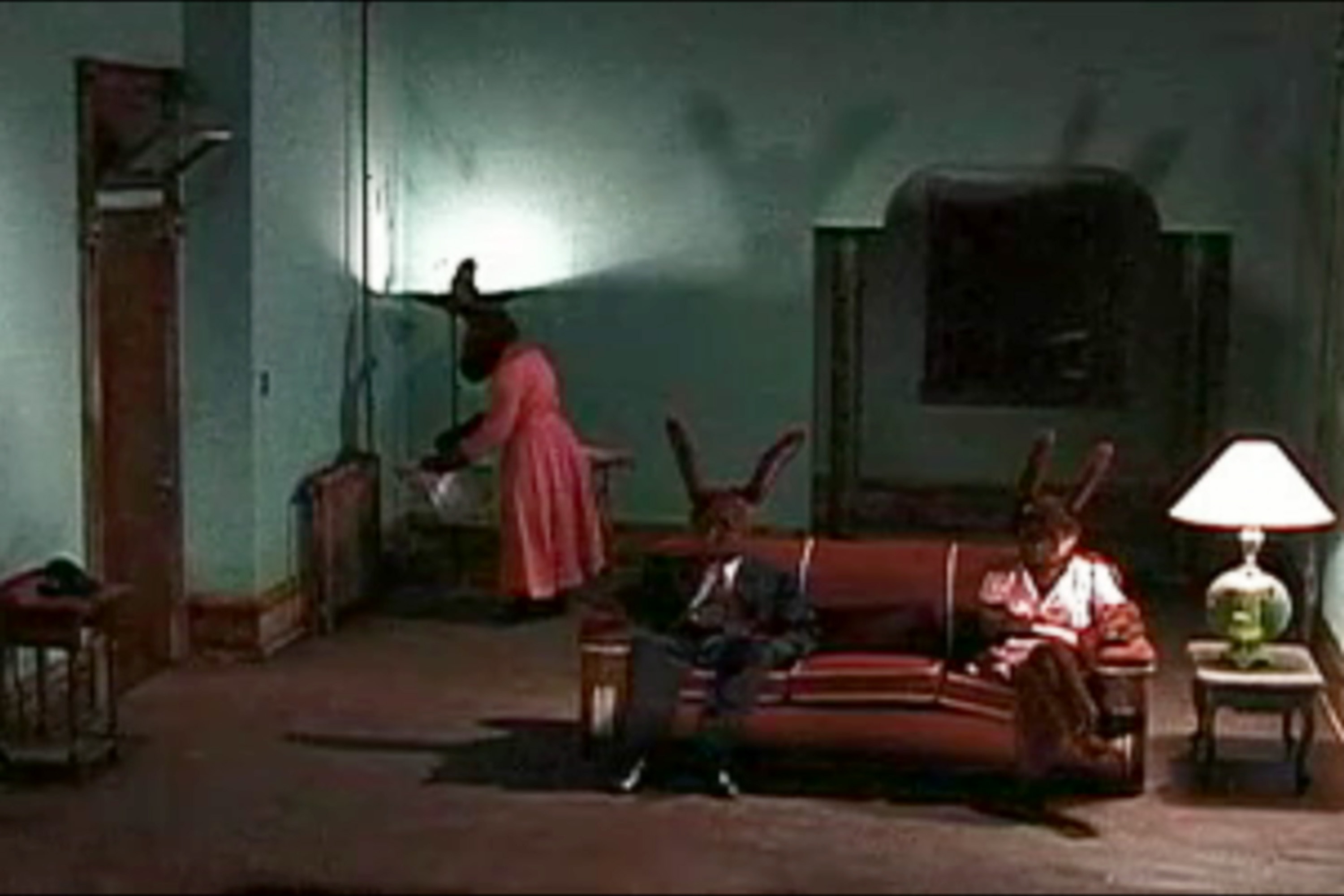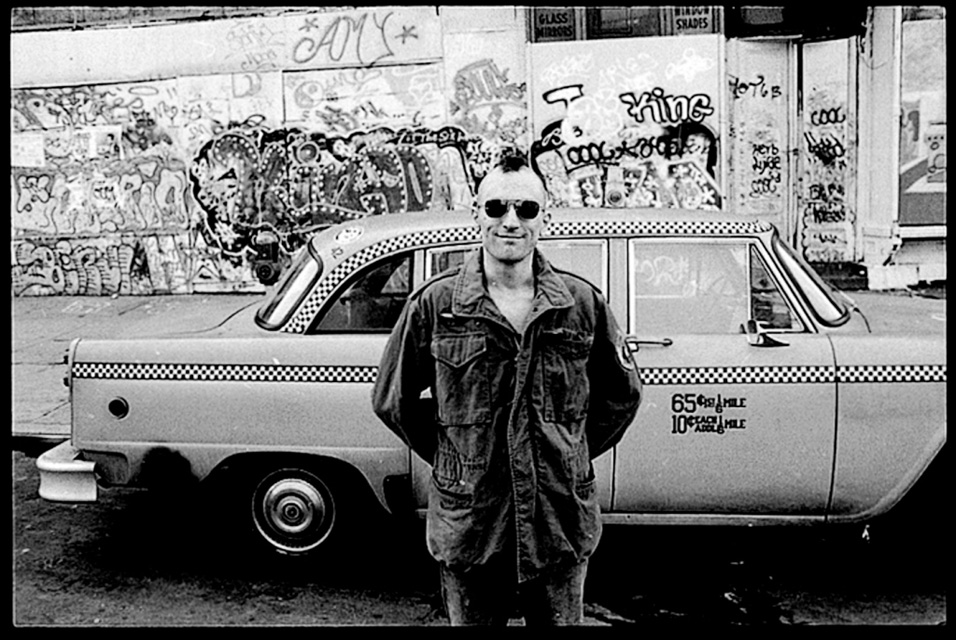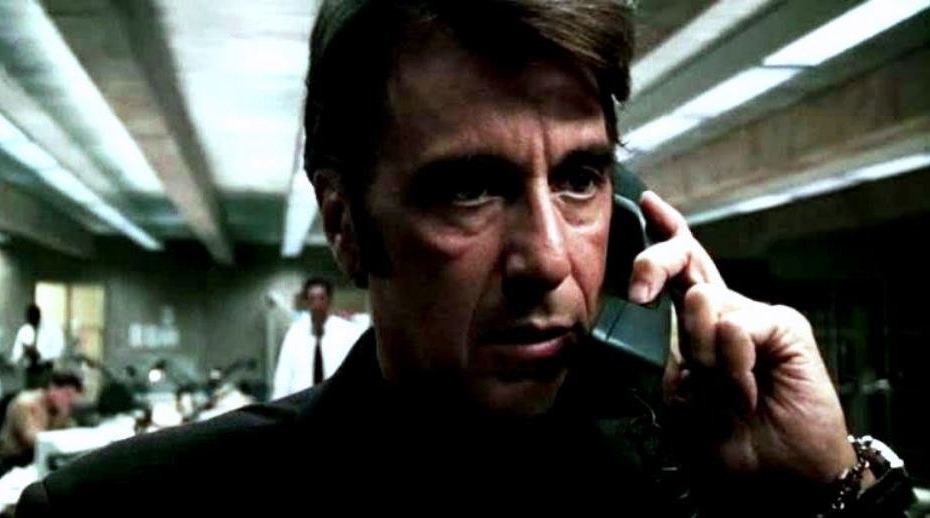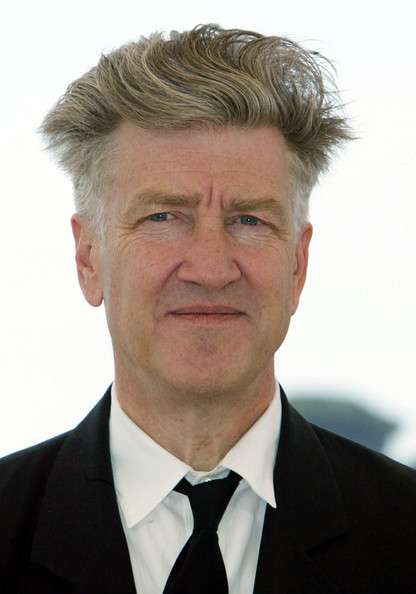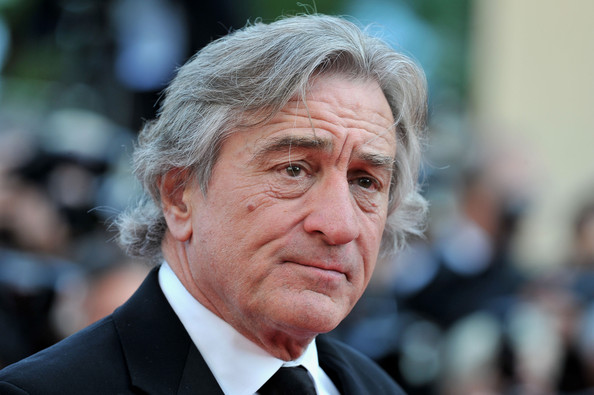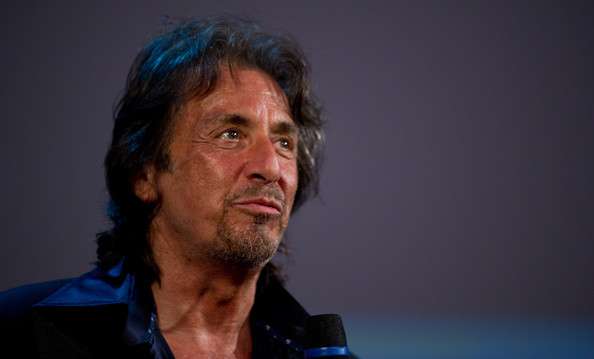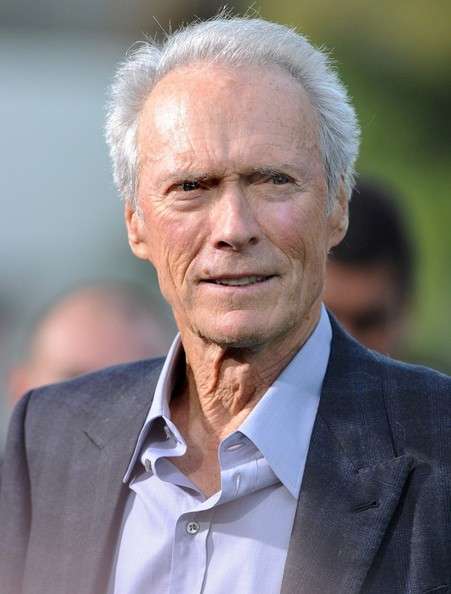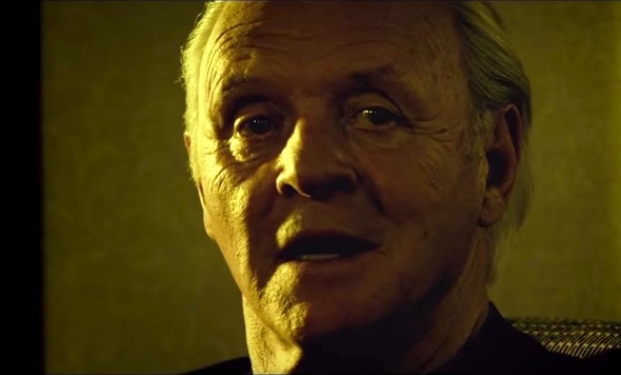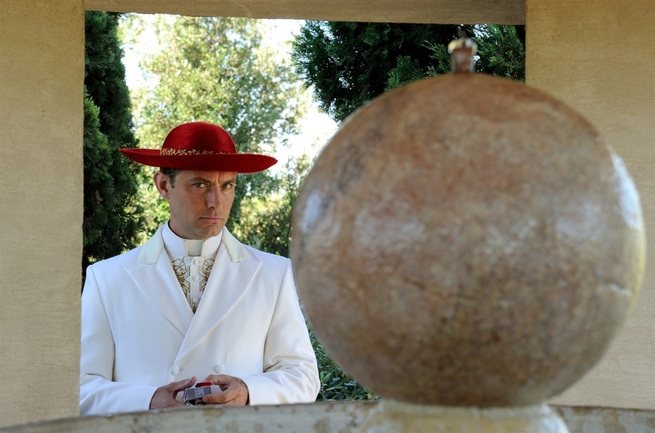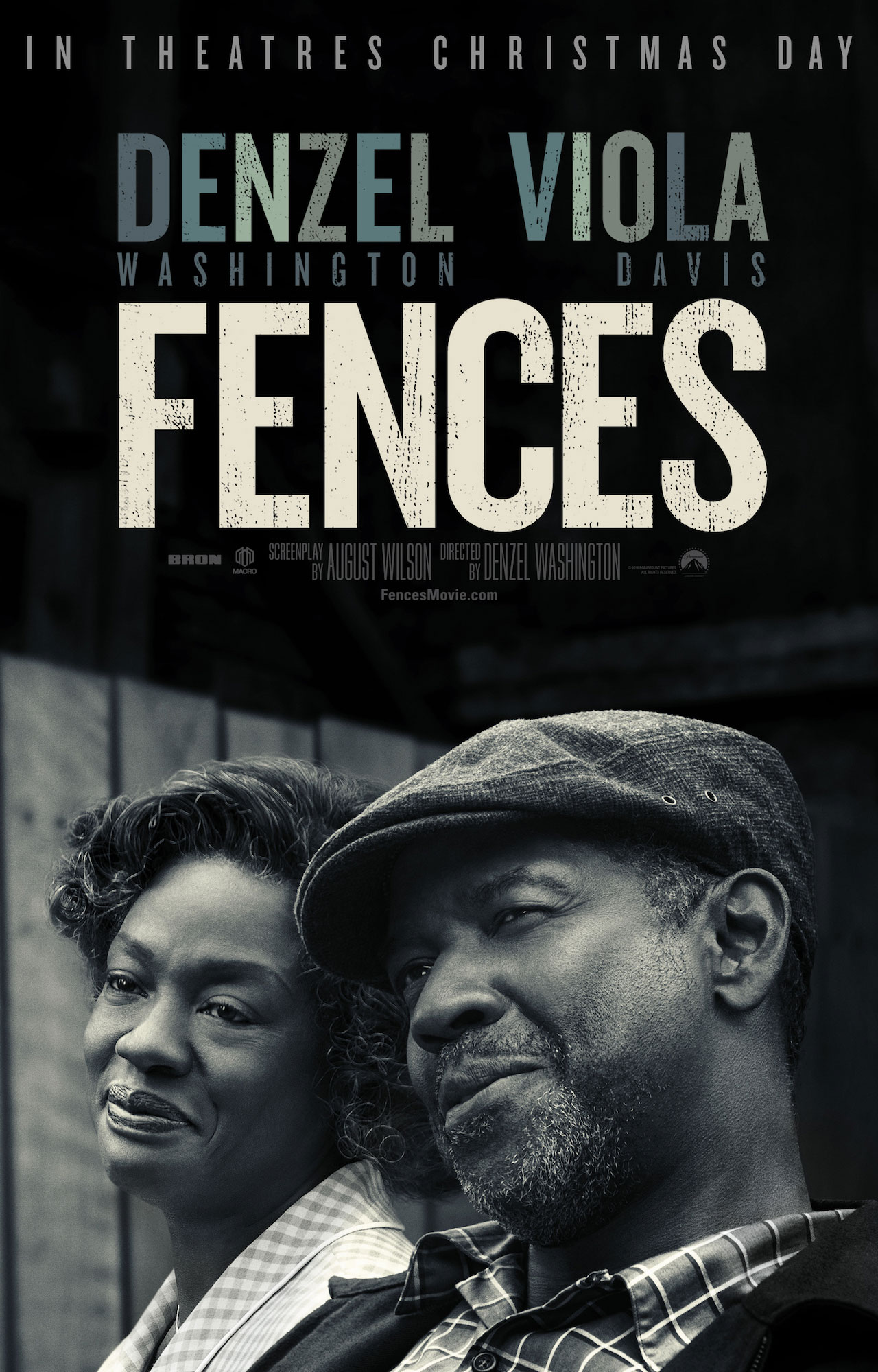‘The Comedian’: Film Review | AFI Fest 2016, The Hollywood Reporter
Da THR.
Robert De Niro stars as a bitter standup comic in this character study with a strong supporting cast.
The Comedian, which had its world premiere at AFI Fest and will be released by Sony Classics later this year, must be the first post-election movie to feature a joke about Donald Trump (a pretty good one). Beyond this, however, the movie is a somewhat uncomfortable reflection of the Age of Trump, which may hurt its box office chances in the long run. But more about that in a moment.
Robert De Niro and producer Art Linson had wanted to make a movie about an insult comedian for the last several years, and apparently De Niro spent time hanging around comedy clubs to master the cadences of a bitter comic who’s been on a career downswing, partly because of his own frustrations and resentments. It should come as no surprise to say that De Niro plays the part superbly. After all, he started out in comic roles like Brian De Palma’s Hi, Mom! It took him a few decades to get back to his roots, with such hit films as Analyze This and Meet the Parents. The character he plays here has much darker edges, but you have to believe first and foremost that Jackie Burke has the timing and the comic chops to have a long career in standup comedy, and De Niro makes that easy to accept.
The film opens with a nifty scene at a comedy club in which a heckler in the audience plans to use his confrontation with Jackie as part of his own web podcast. But Jackie’s anger upends the interloper’s plans and gets the comedian arrested for assault. In court he is offered probation if he apologizes to the heckler, but he can’t bring himself to do it and is carted off to a month in prison. What’s compelling about these opening scenes is that they are evenhanded. We feel uneasy about Jackie’s rage, but we also loathe his victim and certainly can understand what made him explode.
After Jackie gets out of prison, he is required to do community service at a soup kitchen, where he meets another worker named Harmony (Leslie Mann), who is atoning for her own angry outbursts. Much of the rest of the film chronicles Jackie’s struggles to find his professional and financial footing while he also wrestles with family and a budding relationship with Harmony.
The acting in the film is outstanding down to some of the smallest parts, and here director Taylor Hackford (who hasn’t had a major hit in several years) deserves considerable credit for guiding these performers. The age-inappropriate relationship between Jackie and Harmony does have its slightly queasy side, but at least the film acknowledges this, and Mann burrows bdeeply into the character to reveal the anger and hurt that make her cautiously susceptible to Jackie’s rough charms.
Danny DeVito gives one of his best performances as Jackie’s brother, and as his wife, Patti Lu Pone practically steals the movie with almost no dialogue. Her intense glares deserve a special Oscar. (It does seem a bit strange that these Jewish family members are played by notably non-Jewish actors.) Edie Falco as Jackie’s manager and Cloris Leachman as a very aged comedienne (“a barely living legend,” as Jackie dubs her character) shine as well. De Niro also has several scenes with some of his former co-stars, including Harvey Keitel and Charles Grodin, and they play together with easy mastery. Another onetime co-star, Billy Crystal, turns up for an unexpected but amusing cameo. And the real comedians who appear in the comedy club scenes also add edge and authenticity to the movie. The script by four writers — Linson, Jeff Ross, Richard LaGravenese, and Lewis Friedman — captures the milieu expertly, along with the language of abrasive insult.
But shortly after the halfway point in the movie, some of the sharp observation begins to slip away, and a sour tone emerges. Jackie visits a retirement home in Florida and mocks the ailing seniors with a song about their bowel problems that quickly goes viral on YouTube. This leads to Jackie being hired to host a sleazy reality TV show whose opening episode subjects a semi-naked man to be covered with a crateload of crawfish while Jackie baits the audience and hurls insults at the desperate contestant. Does this remind you of the ascension of another reality TV host who built his career on bullying and insult, to the delight of the media?
Maybe this would have played a little differently before the election, but there’s an added level of discomfort that we feel watching the character now. Perhaps the film could be defended as attempting an acerbic commentary on the world that bred Trump and led to his triumph. But the film turns sentimental in the final scenes in suggesting that Jackie is really a good person underneath it all, with a tender heart that he’s hidden from view. The film’s confusions turn it into a reflection of our topsy-turvy times that ends up feeling a lot more melancholy than any of the talented actors and filmmakers might have anticipated.
Cast: Robert De Niro, Leslie Mann, Harvey Keitel, Edie Falco, Danny DeVito, Patti LuPone, Charles Grodin, Cloris Leachman
Director: Taylor Hackford
Screenwriters: Art Linson, Jeff Ross, Richard LaGravenese, Lewis Friedman
Story by: Art Linson
Producers: Mark Canton, Courtney Solomon, Taylor Hackford, Art Linson, John Linson
Executive producers: Scott Karol, Wayne Marc Godfrey, Robert Jones, Iain Abraham, Dennis Pelino, Fredy Bush, Mark Axelowitz, Lawrence Smith, Peter Sobiloff
Director of photography: Oliver Stapleton
Production designer: Kristi Zea
Costume designer: Aude Bronson-Howard
Editor: Mark Warner
Music: Terence Blanchard
R rating, 118 minutes
Robert De Niro At Hollywood Film Awards: Vote Hillary “To Prevent Tuesday From Turning Into Tragedy”
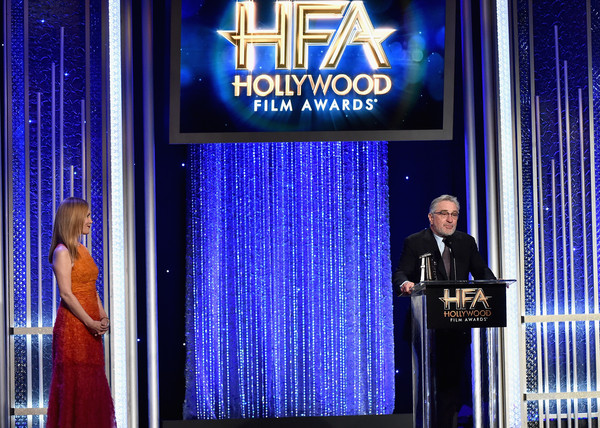 Da Deadline:
Da Deadline:
shocker: Robert De Niro really doesn’t want Donald Trump to win his bid for the Presidency of the United States. He’s made that clear several times throughout the 2016 election season, and as it happens he did so again tonight during the Hollywood Film Awards. The Oscar-winner was on hand to accept the Hollywood Comedy Award for his work in the upcoming Taylor Hackford-directed dramedy The Comedian, and used his acceptance speech as a last opportunity before the election to stump for Democratic candidate Hillary Clinton.
“We are here to celebrate the movies of Hollywood and nobody throws a party better than Carlos de Abreu and the Hollywood film awards,” De Niro said before pivoting to the election. “But the shadow of politics is hanging over us more than anything else and it’s hard to think of anything else. we have the opportunity to prevent Tuesday from turning into a tragedy. So vote for Hillary Clinton.”
It’s a softer and far less hilarious message than the one De Niro sent last month, when he went viral for admitting in a video that he wants – metaphorically – to sock Donald Trump in the face.
Naturally, De Niro’s pitch for Clinton got great reaction from the audience, who gave him extended applause as he exited the stage. Immediately after, Host James Cordon, who started the night joking that the HFA are a lot like the Trump campaign “except these awards really are rigged”, came back onstage to poll the audience. “Show your hands if you’re voting for Donald Trump” the Late Late Show host said.
The result: a show-of-hands equivalent to a standing ovation. Well, except for one member of the audience, a woman who stood up, shouted “who cares?!” and started dancing, as if to indicate her support for Donald Trump. To that, Cordon was direct: “Shut the f*ck up, you look like somebody who’d be voting for Donald Trump.”
The Young Pope, alla fine della sesta puntata
Alla fine della sesta puntata, la serie di Sorrentino appare più sfilacciata, meno coesa e più confusa rispetto alla splendida compattezza delle prime parti, e ci svia ancora una volta con “false” piste e digressioni forse non necessarie, i classici espedienti narrativi a cui anche Sorrentino, cedendovi, cade preda appunto della serialità, del suo impianto oso dire da fiction, con le inevitabili cadute di stile (l’orgia del cardinale amico, forzata e “gridata”, volgare e sbalzata rispetto al contesto proprio “religioso”, seppur laicamente quasi agnostico, dell’interezza dell’opera nella sua integralità). E inesorabilmente ci delude, perché credevamo nel suo stile innovativo e libero dai luoghi comuni, dalle pare(nte)si “sketch” e dell’umorismo eccessivo di cui invece riempie la materia trattata. Il giovane papa diventa un politico, e in questo senso è esemplificativo l’incontro col Primo Ministro (un imbarazzante Stefano Accorsi in funzione “cameo” inutile) e tutto si risolve con faciloneria, vedi Voiello che prima dà una sterzata all’intreccio con la “storia” dello scandalo sessuale e poi, sol “ascoltando” il “labiale” del papa, si ricrede immediatamente, commuovendosi e facendo così apparire “esornativo” tutto quel che prima era successo. Come dire, abbiamo un’altra volta ingannato lo spettatore, illudendolo che sarebbe avvenuto un qualcosa che poi abbiamo ritirato, un sassolino nello stagno invisibile messo lì solo, almeno fino ad adesso, per allungare il brodo. Speriamo nelle ultime quattro puntate, ove molti enigmi “taciuti” della narrazione barocca forse si dipaneranno e impareremo davvero a conoscere l’“intravisto” mistero che tormenta il Papa Law, bello come Cristo e diabolico quanto Lucifero, folle e intransigente, solipsista e delirante, poi pacioso ed ermetico, quindi ancora irrequieto e spiazzante, egli stesso una creatura di Sorrentino stavolta sbagliata?
di Stefano Falotico
The Young Pope, alla fine della quarta puntata
Continua il viaggio onirico, sì lo è, come gli squarci “veneziani” sospesi nella notte tragica dell’abbandono dei genitori, di Sorrentino nel suo giovane papa, autarchico, “bambino”, incredulo e incerto, apparentemente forte ma sempre bisognoso di cure affettive, di certezze del passato a cui aggrapparsi, che demistifica il suo misticismo nella segretezza del suo magistero, dei suoi misteri, dei suoi fedeli da lui definiti miseri. E perseverano gl’inganni in questa riflessione sul papato, paternalistica e vissuta d’ansietà, di notti fosche intrisa, di “veggenti” angelicate e diaboliche che stanno ferme impalate, incantate come sindromi di Stendhal in Piazza San Peitro, mortificate dalla grande bellezza, che risvegliano atavici sentimenti nostalgici in Pio il tredicesimo (apostolo?), poco “pio”, pulcino o troppo adulto, un uomo troppo vecchio e quindi giovanissimo, kubrickiano e minato dal mito dell’eremitaggio di Mina e Salinger, costretto in abiti talari da minuscolo grande prete, da eretico perfino, nella scoperta di sé e dei titoli di testa moderni, “discotecari”, come una cometa peregrina, in pellegrinaggio nella sua eterna, eterea anima più bella di Cristo incarnato.
di Stefano Falotico
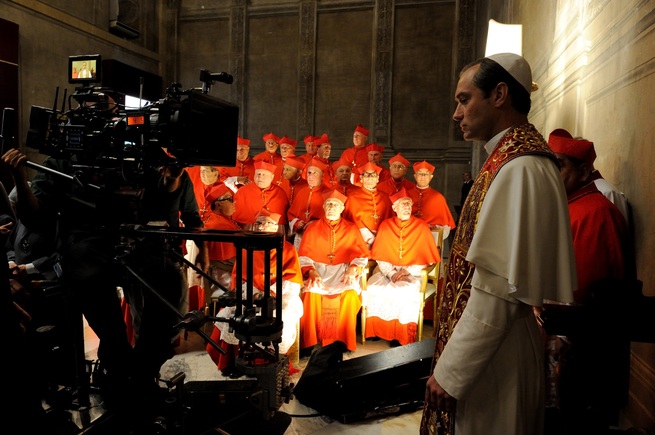
set of “The young Pope” by Paolo Sorrentino.
10/23/2015 sc. 108 ep. 1
In the picture Jude Law.
Photo by Gianni Fiorito
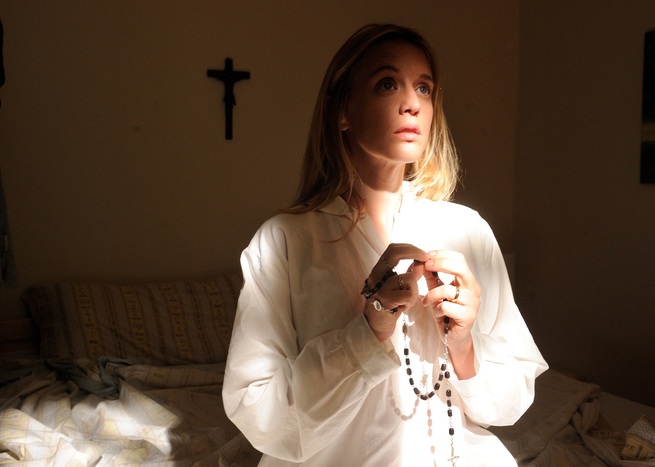
set of “The young Pope” by Paolo Sorrentino.
09/28/2015 sc.111 – ep 1
in the picture Ludivine Sagnier .
Photo by Gianni Fiorito
Esser matti è l’equazione della s(ol)uzione
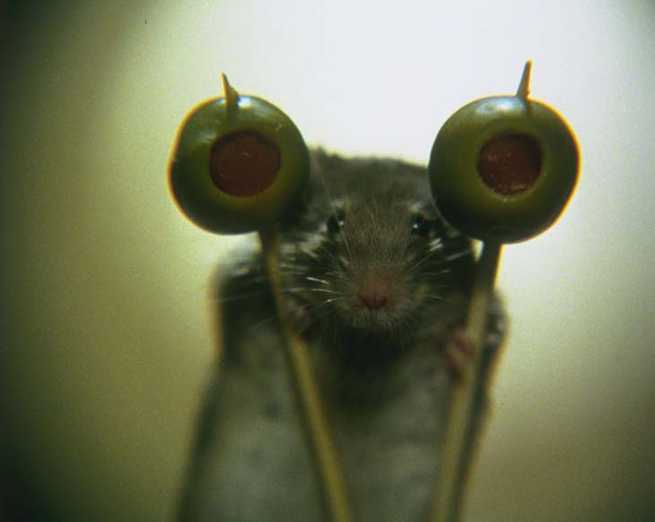 Mondo di sconfinata idiozia che vacilla sempre nella sua finta rettitudine (im)morale e che (s)colpisce i suoi figli più lucidi ammansendoli dietro la coscienza borghese di un falso manicheismo di massa ove, (im)perfetti, bisogna “allattarsi” alla comune “convivenza” che non vive, perché tacita cela i suoi ignominiosi crimini dietro la solita faccia(ta), patina di dolcificanti “aromatici” e frasi d’amore (s)contate per quegl’illusi che credono davvero alle amorevolezze e alle svenevolezze di questo gran panettone di dolciumi indigesti per me. Molti, in epoche (non) sospette, denigrando le mie scelte di vita, arbitrariamente abusarono della mia buona fede, tutt’ora incrollabile, e addussero che le mie non eran saggezze ma ingenuità. Esperii molti patimenti e ancor oggi mi rattristo nel rimembrarli. Mi adonto e, per rammarico, rannicchiandomi in pensieri succhianti il mio midollo spinale, le vertebre della mia pacatezza smossa così violentemente, mi adombro, continuando a vivere la mia vi(t)a che preferisce i “matti” ai “sani”, i santi ai peccatori delle apparenze “intoccabili”, guastando di bri(vid)o il mio (sor)riso nel celebrare l’illusorietà di tutto e le sue sconce amenità, recluso nella mia scelta incompresa e solitaria che, mesta, rigetta gran parte del (non) vivere a “erezione masturbatoria” delle mie “malasanità” cervellotiche, ove la vita si (dis)fa di momentanee, anche per me, precarietà e romantiche fantasticherie che, senza il voler didatticamente voler insegnar nulla, ed è perciò che rinnego la patente di maestro, si “crocifiggono” martirizzanti nel sincero calvario perfino edonistico del vivere nei bui (in)sondabili delle mie alterità, delle guascone mie ilarità, dei miei attimi che il tempo mio rammemorerà sinché morto non sarò, non l’eternità saprò in quell’ascensione che, come per il Cristo, per me rappresenta la metafisica più al(a)ta per sanarsi e rigenerarsi altrove, là, in una pace “infantilistica”, “elefantiaca” di sospensione del tem(p)o, di omeostasi che, cristiano-buddistica, vomiterà sempre la carne mentecatta e la frivolezza a valore del me più ambiguo e dunque profonda-mente umano, unico nel suo genere, in quella che gli stolti apostrofano, con far ridanciano e blandente, come mia degenerazione. Da tutte le generazioni, coi lor mot(t)i e morti “vincenti”, io ne son (re)moto.
Mondo di sconfinata idiozia che vacilla sempre nella sua finta rettitudine (im)morale e che (s)colpisce i suoi figli più lucidi ammansendoli dietro la coscienza borghese di un falso manicheismo di massa ove, (im)perfetti, bisogna “allattarsi” alla comune “convivenza” che non vive, perché tacita cela i suoi ignominiosi crimini dietro la solita faccia(ta), patina di dolcificanti “aromatici” e frasi d’amore (s)contate per quegl’illusi che credono davvero alle amorevolezze e alle svenevolezze di questo gran panettone di dolciumi indigesti per me. Molti, in epoche (non) sospette, denigrando le mie scelte di vita, arbitrariamente abusarono della mia buona fede, tutt’ora incrollabile, e addussero che le mie non eran saggezze ma ingenuità. Esperii molti patimenti e ancor oggi mi rattristo nel rimembrarli. Mi adonto e, per rammarico, rannicchiandomi in pensieri succhianti il mio midollo spinale, le vertebre della mia pacatezza smossa così violentemente, mi adombro, continuando a vivere la mia vi(t)a che preferisce i “matti” ai “sani”, i santi ai peccatori delle apparenze “intoccabili”, guastando di bri(vid)o il mio (sor)riso nel celebrare l’illusorietà di tutto e le sue sconce amenità, recluso nella mia scelta incompresa e solitaria che, mesta, rigetta gran parte del (non) vivere a “erezione masturbatoria” delle mie “malasanità” cervellotiche, ove la vita si (dis)fa di momentanee, anche per me, precarietà e romantiche fantasticherie che, senza il voler didatticamente voler insegnar nulla, ed è perciò che rinnego la patente di maestro, si “crocifiggono” martirizzanti nel sincero calvario perfino edonistico del vivere nei bui (in)sondabili delle mie alterità, delle guascone mie ilarità, dei miei attimi che il tempo mio rammemorerà sinché morto non sarò, non l’eternità saprò in quell’ascensione che, come per il Cristo, per me rappresenta la metafisica più al(a)ta per sanarsi e rigenerarsi altrove, là, in una pace “infantilistica”, “elefantiaca” di sospensione del tem(p)o, di omeostasi che, cristiano-buddistica, vomiterà sempre la carne mentecatta e la frivolezza a valore del me più ambiguo e dunque profonda-mente umano, unico nel suo genere, in quella che gli stolti apostrofano, con far ridanciano e blandente, come mia degenerazione. Da tutte le generazioni, coi lor mot(t)i e morti “vincenti”, io ne son (re)moto.
di Stefano Falotico
The Young Pope
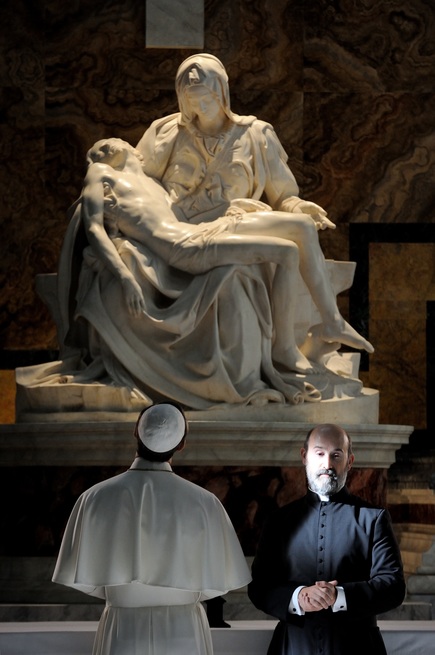
set of “The young Pope” by Paolo Sorrentino.
10/14/2015 sc. 227 ep. 2
In the picture Jude Law and Javier Càmara.
Photo by Gianni Fiorito
The Young Pope
Continua il percorso barocco di Sorrentino che “illanguidisce” le immagine di ralenti pazzeschi, saturando la struttura narrativa con “blocchi” diegetici da cardiopalma e intervallando il fluire delle sue trame con picchi “autoriali” di beltà candida, “sporcata” dalla sua eccentricità manieristica, (in)sopportabile.
Sceglie un De Niro giovane, il Jude Law dai tratti ambigui e la risata “stampata” beffarda di camaleontismo “magro” come la sua alta statura attoriale che, con la sordina, sciorina massime imbarazzanti e scherza sempre. Sorrentino si sofferma sui (det)tagli, detta legge con la macchina da presa e insiste a zoomare progressivamente nel suo Cinema fatto di attimi e frasi “silenziose”. Un assaggio dopo questa prima puntata, ma la guascona ilarità melodrammatica di Sorrentino non si smentisce. Forse migliorerà.
di Stefano Falotico
Logan Trailer e pensieri da cacciatore
Hugh Jackman possiede un non so che di Eastwood che mi affascina e in lui magnetizza, parimenti alla sua barba incolta che, come la mia, ha la rudezza d’un uomo ruvido d’annata, scolpito nella pietra, anche filosofale, di un deer hunter deniriano miscelato alla fisiognomica delle killing season. Rimembro così, nella specularità di tal similarità identificativa, la mia sobria malinconica che ripugna le creme di cioccolato e le immersioni nella morbidezza sociale, prediligendo la “somatica” un po’ somara della misantropia animalesca laddove nacqui puro e primigenio di tatto da “orso”, forse da or(z)o. Il caffè! Pioggia di melanconia in stagni acidi del torpor cutaneo che s’inebria nel muscoloso pian(t)o con “allegrino” delle giornate meste, a pene rimestare, adombrato per carattere color amianto e dunque un po’ nella “tristizia” annacquato come polvere sul selciato di una periferia ai margini di me stes(s)o in adorazione delle verdeggianti colline e del Sole opaco nell’oscurità del suo fuoco ardente, “al dente” per la brace del mio cor(po) solidificatosi nel duro di tutto, anche d’una melodia bella come questa balla(ta).
di Stefano Falotico
Marisa Tomei In Talks To Join Robert De Niro In ‘War With Grandpa’
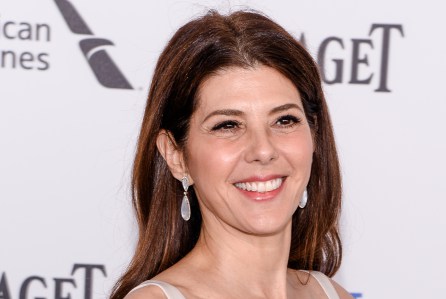
Marisa Tomei arrives at The 31st Film Independent Spirit Awards held on Santa Monica Beach in Santa Monica California on February 27, 2016. (Photo by Anthony Behar) *** Please Use Credit from Credit Field ***
Marisa Tomei is in negotiations to join Robert De Niro, Christopher Walken and Eugene Levy in the Tim Hill-directed feature The War With Grandpa.That would put three Oscar winners into the comedy which is based on the book by Robert Kimmel Smith.
The story is about a kid who reluctantly gives up his bedroom to accommodate his grandfather (De Niro), whom he loves but wants out of his room. The boy engages in a series of pranks meant to drive his grandpa out, but the old man is pretty wise to it and returns the volleys. Tomei would star as De Niro’s daughter (and the boy’s mother) who brings her father home in the first place before slowly catching onto what is happening. While she struggled to deal with the rivalry she is also trying to manage her rebellious, teenage daughter who is constantly sneaking out of the house.
The comedy is being produced by Marro Films and will distributed by TWC’s Dimension label on April 21, 2017. The War With Grandpa is being produced by Phillip Glasser, Marvin Peart and Rosa Morris-Peart, and Jane Rosenthal and Berry Welsh are the exec producers. Matt Ember and Tom Astle, the team behind the DreamWorks Animation hit Home and MGM’s Kid Robot did a rewrite; Lisa Addario and Joe Syracuse also get credit for the screenplay.
Tomei, who has a recurring role on Empire and also just completed Spider-Man: Homecoming, is repped by CAA, Untitled Entertainment and Craig Emanuel at Loeb & Loeb.
